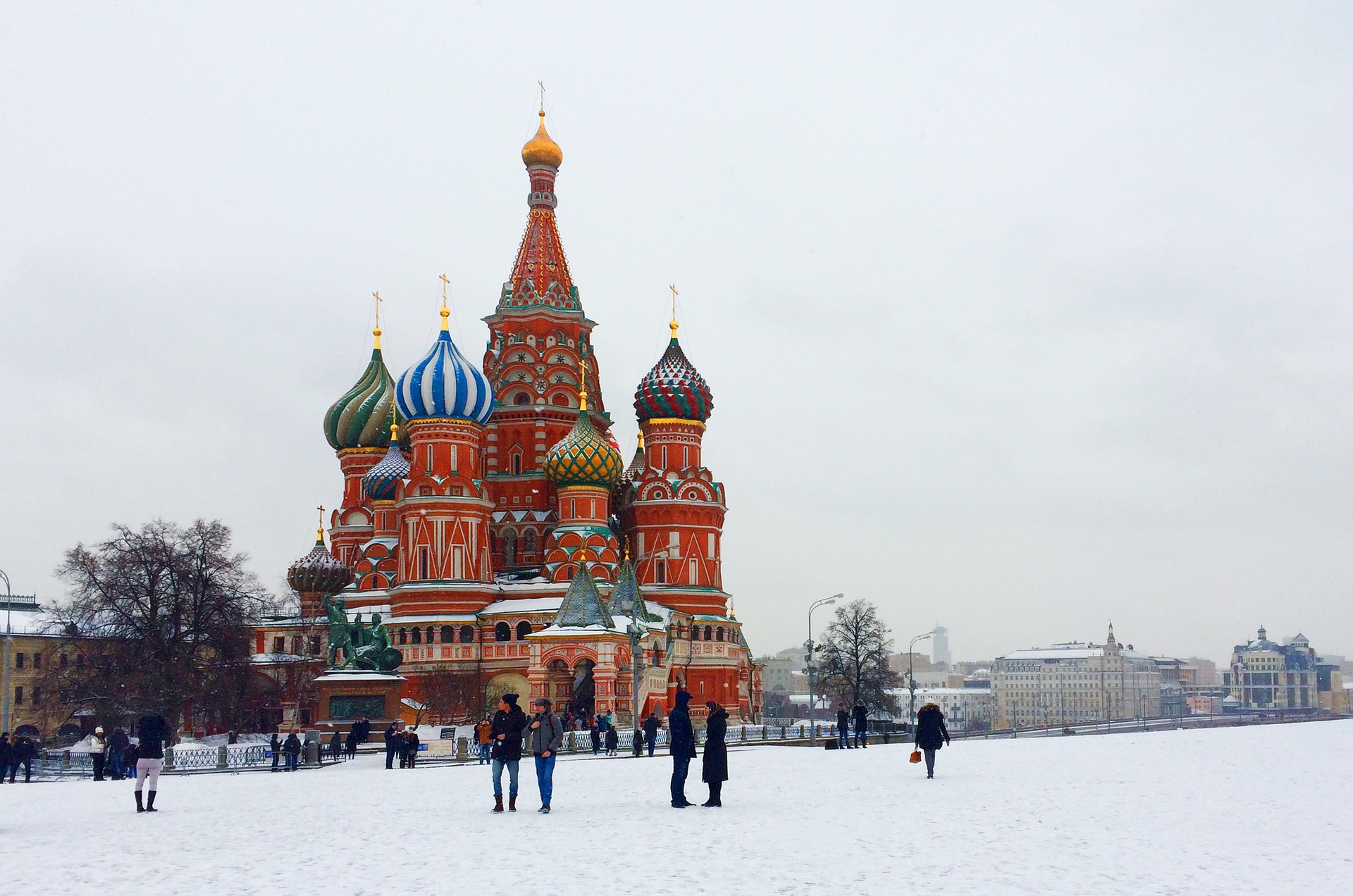
403
Sorry!!
Error! We're sorry, but the page you were looking for doesn't exist.
Moscow clarifies reasons behind calling Ukraine`s government ‘regime’
(MENAFN) In a recent interview, Kremlin spokesman Dmitry Peskov shed light on Moscow's characterization of the Kiev government as a "regime," attributing the label to what Russia perceives as discriminatory actions against the Russian-speaking population in Ukraine. Peskov highlighted the dangers posed by the political forces that rose to power following the 2014 Maidan coup, asserting that these forces have been detrimental to a significant portion of Ukrainian citizens.
The trigger for this latest clarification from Moscow was a series of statements made by senior Ukrainian officials, including the speaker of the Ukrainian parliament, Ruslan Stefanchuk.
Stefanchuk openly advocated for the denial of minority rights to individuals identifying as Russian, effectively endorsing their discrimination based on perceived disrespect for the Ukrainian state. He went further to assert that there are no Russian ethnic minorities in Ukraine, categorically dismissing the existence of Russian-speaking Ukrainians.
These sentiments were echoed and amplified by Ukraine's language ombudsman, Taras Kremin, who contended in an interview with the United States state-run Radio Free Europe/Radio Liberty (RFE/RL) that the concept of "Russophones" in Ukraine is a fabrication of Russian "ideology" and "propaganda." According to Kremin, there are no Russian-speaking Ukrainians, dismissing the notion as a product of foreign influence.
Dmitry Peskov, in response to these statements, emphasized that such discriminatory positions against the Russian-speaking population epitomize what Moscow perceives as the essence of the Kiev regime. He argued that the calls for discrimination by Ukrainian officials are the very reason why Russia uses the "regime" label, asserting that it is not an arbitrary designation but a response to what Moscow sees as a concerning and exclusionary stance taken by the Ukrainian government.
As tensions between Russia and Ukraine persist, the linguistic and ethnic dimensions of the conflict come into sharper focus. Moscow's insistence on highlighting perceived discrimination against Russian speakers adds another layer to the complex dynamics between the two nations, shaping the narrative around the nature of the Ukrainian government and its treatment of minority populations. The ongoing discourse underscores the challenges of fostering unity and inclusivity in a region marked by historical, cultural, and linguistic diversity.
The trigger for this latest clarification from Moscow was a series of statements made by senior Ukrainian officials, including the speaker of the Ukrainian parliament, Ruslan Stefanchuk.
Stefanchuk openly advocated for the denial of minority rights to individuals identifying as Russian, effectively endorsing their discrimination based on perceived disrespect for the Ukrainian state. He went further to assert that there are no Russian ethnic minorities in Ukraine, categorically dismissing the existence of Russian-speaking Ukrainians.
These sentiments were echoed and amplified by Ukraine's language ombudsman, Taras Kremin, who contended in an interview with the United States state-run Radio Free Europe/Radio Liberty (RFE/RL) that the concept of "Russophones" in Ukraine is a fabrication of Russian "ideology" and "propaganda." According to Kremin, there are no Russian-speaking Ukrainians, dismissing the notion as a product of foreign influence.
Dmitry Peskov, in response to these statements, emphasized that such discriminatory positions against the Russian-speaking population epitomize what Moscow perceives as the essence of the Kiev regime. He argued that the calls for discrimination by Ukrainian officials are the very reason why Russia uses the "regime" label, asserting that it is not an arbitrary designation but a response to what Moscow sees as a concerning and exclusionary stance taken by the Ukrainian government.
As tensions between Russia and Ukraine persist, the linguistic and ethnic dimensions of the conflict come into sharper focus. Moscow's insistence on highlighting perceived discrimination against Russian speakers adds another layer to the complex dynamics between the two nations, shaping the narrative around the nature of the Ukrainian government and its treatment of minority populations. The ongoing discourse underscores the challenges of fostering unity and inclusivity in a region marked by historical, cultural, and linguistic diversity.

Legal Disclaimer:
MENAFN provides the
information “as is” without warranty of any kind. We do not accept
any responsibility or liability for the accuracy, content, images,
videos, licenses, completeness, legality, or reliability of the information
contained in this article. If you have any complaints or copyright
issues related to this article, kindly contact the provider above.


















Comments
No comment